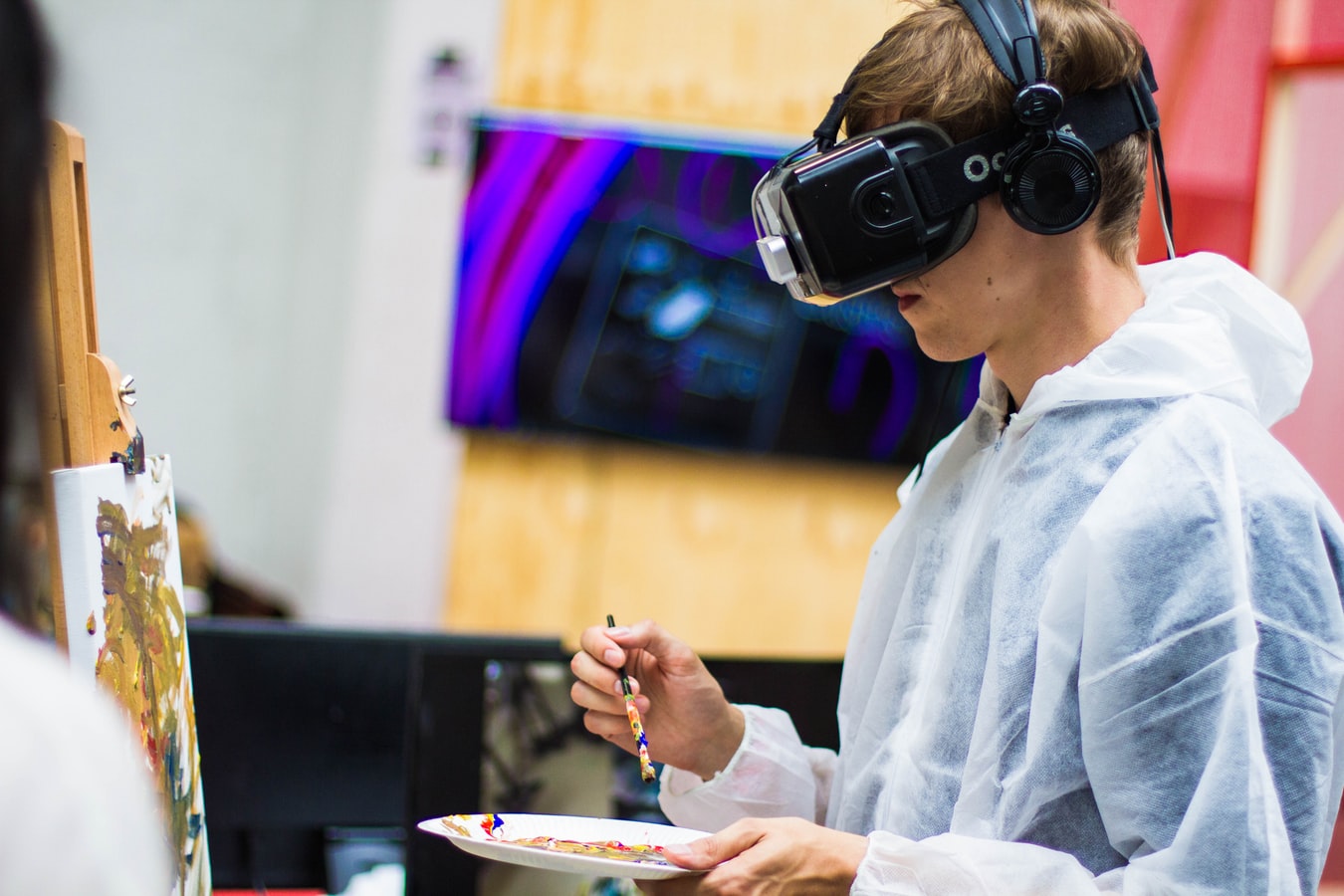Friday, February 14, 2020, 11 AM, Room 145 CAS
Immersive virtual environments, commonly known as virtual reality, surround users with rich layers of sensory information and allow them to see, hear, and feel as if they are in the physical world. My work has explored the use of virtual experiences to impact how people think and behave in the physical world, particularly in the context of health and risk communication. This talk will introduce studies that span across over a decade of investigating virtual reality’s effect on attitude and behavior change. Findings shed light on when and how these virtual experiences are (or are not) effective, underlying mechanisms driving these effects, and individual differences that moderate the observed outcomes. Implications for adopting virtual reality in communication and behavioral sciences and considerations for future research will be discussed.
 Sun Joo (Grace) Ahn (Ph.D., Stanford University) is an Associate Professor at the Grady College of Journalism and Mass Communication, University of Georgia, and founding director of the Games and Virtual Environments Lab. Her main program of research investigates how interactive digital media such as virtual and augmented reality transform traditional rules of communication and social interactions, looking at how virtual experiences shape the way the way that people think, feel, and behave in the physical world. Her work is supported by the National Science Foundation and National Institutes of Health and is published in numerous top-tier outlets in the fields of communication, health, and engineering. She is the recipient of the Mary Alice Shaver Promising Professor Award from the American Academy of Advertising, the inaugural Early Career Award from the National Communication Association’s Health Communication Division, and the Krieghbaum Under-40 Award from the Association for Education in Journalism and Mass Communication.
Sun Joo (Grace) Ahn (Ph.D., Stanford University) is an Associate Professor at the Grady College of Journalism and Mass Communication, University of Georgia, and founding director of the Games and Virtual Environments Lab. Her main program of research investigates how interactive digital media such as virtual and augmented reality transform traditional rules of communication and social interactions, looking at how virtual experiences shape the way the way that people think, feel, and behave in the physical world. Her work is supported by the National Science Foundation and National Institutes of Health and is published in numerous top-tier outlets in the fields of communication, health, and engineering. She is the recipient of the Mary Alice Shaver Promising Professor Award from the American Academy of Advertising, the inaugural Early Career Award from the National Communication Association’s Health Communication Division, and the Krieghbaum Under-40 Award from the Association for Education in Journalism and Mass Communication.


